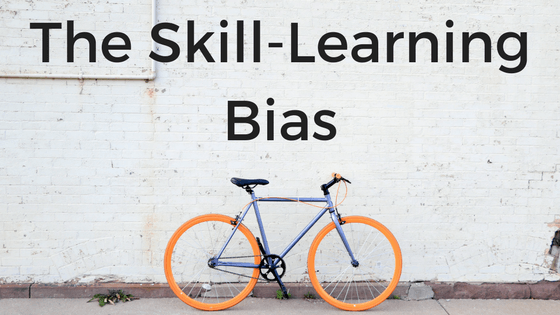There is no doubt that financial stress can have a severe impact on not only our personal mental health but also on our relationships. In fact, according to a study conducted by the financial firm TD Ameritrade, 41% of divorced Gen Xers and 29% of Baby Boomers say that their marriages ended due to disagreements about money. While having your personal finances in order is no guarantee that you won’t still fight about money with a partner or spouse, it can go a long way towards creating your own good mental health and wellbeing. Here are three tips to help eliminate financial stress.
- Track your spending
It is a sad, unfortunate fact that in the age of credit and debit cards, many people have no idea how they actually spend their money or where it all goes. Before you can create a realistic budget, you need to understand and identify your personal spending patterns. While that $6 latte each day may seem like a small purchase, over the course of a month they can add up to almost $200 and maybe even more if you are inclined to be a generous tipper.
- Create a realistic budget and stick to it
Creating a budget is easy, creating a realistic budget that actually accounts for your legitimate spending habits and patterns is much harder. This is partially due to the fact that some of your bills will vary from month to month. While it is fairly easy to budget for static bills like your rent or mortgage or car and insurance payments, creating a realistic food or entertainment budget may be more challenging. Credit cards make it too easy to spend more than you make and making only minimum monthly payments makes it easy to just keep racking up that credit card debt. A budget can help you begin to spend less than you make, but only if you stick with it.
- Create margins
Studies have shown that 40% of Americans would struggle to come up with even $400 to pay an unexpected expense. While spending only what you make is a good first step, your stress isn’t really going to go away until you create some cushion for the unexpected. While not spending more than you make is a good first step, ultimately the goal is to spend less than you make.


